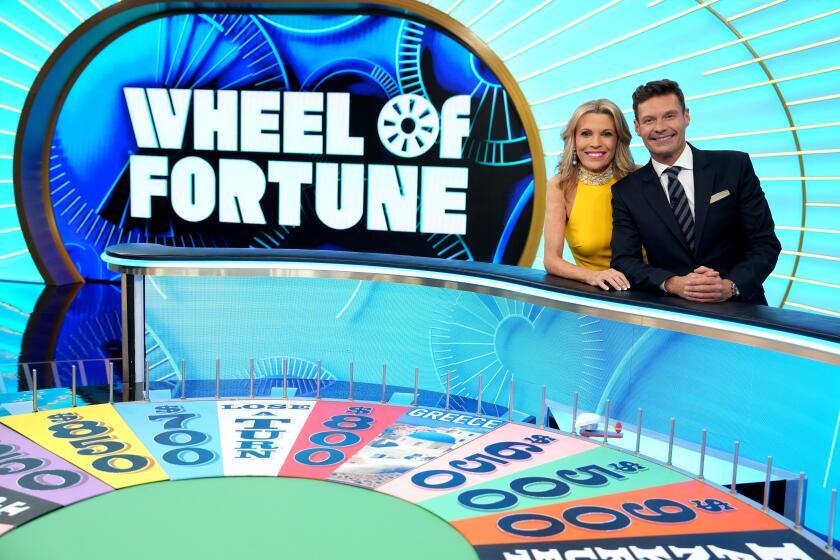Hipster thermostat, now available at the Apple Store
Apple cult members, rejoice: Now you can brag that even your thermostat came from the Apple Store.
As of Wednesday morning, Apple added the Nest Learning Thermostat to the list of products it sells in its online store.
Like most of the items in the Apple store, the Nest Learning Thermostat isn’t cheap. It costs about $250, or roughly five times as much as an average thermostat at Home Depot.
But it looks great -- with a sleek round shape and clean interface, and it can do lots of things your regular thermostat can’t -- like use artificial intelligence to control the temperature in your house.
It is also compatible with iOS devices, so you can use your iPhone, iPad, iPod touch or Mac to control it.
The Nest Learning Thermostat was conceived by Tony Fadell -- a former Apple employee who is credited with designing the hardware for the iPod. Fadell left Apple in 2008, and started building the Nest Labs company in 2009, after he had an epiphany that a smart, elegant thermostat could help people save money and energy by giving them greater control over the heating and cooling systems in their house.
In an interview with Wired in October, Fadell said that using his company’s thermostat can save you up to 30% off your utility bill, and that the pricey gadget will pay for itself in a few years.
The Nest Learning Thermostat has been on the market since the end of 2011, and has received rave reviews from The New York Times, the Wall Street Journal and Gizmodo, among others.
It should also be noted that the Nest Thermostat is hardly an Apple exclusive. You can buy it off of Nest’s website, or at a good old-fashioned, super un-trendy Lowe’s.
ALSO:
Historic Apple items go on auction
Photos of alleged new iPhone surface, along with 3-D maps app
Apple CEO Tim Cook: ‘We have some incredible things coming out’
Follow Deborah Netburn on Twitter or Google+
More to Read
Inside the business of entertainment
The Wide Shot brings you news, analysis and insights on everything from streaming wars to production — and what it all means for the future.
You may occasionally receive promotional content from the Los Angeles Times.










